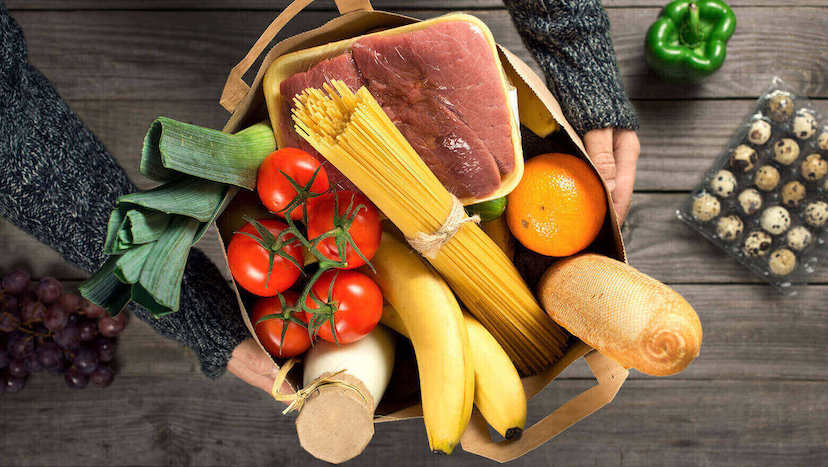Food Suppliers in Focus
As Restaurants Struggle, Suppliers Adapt
Restaurant suppliers like Sysco (SYY) and US Foods (USFD), two of the largest in the industry, are restructuring their businesses. Many restaurants that usually purchase from them, especially independently owned ones, are facing severe hardships due to coronavirus.
Revenue generated from small, privately-owned restaurants account for about one third of food suppliers’ business. Unlike nationwide chains that negotiate discounts because their orders are much larger, sales to smaller restaurants have higher profit margins. Sadly, analysts predict at least 10% of independent restaurants will not reopen after the pandemic has ended.
Rethinking Strategy
Food suppliers are doing their best to adapt to changing circumstances. Many are working to gain new customers and expand to different geographic locations.
Sysco is adding retailers and grocery stores to their distribution channels and is even selling pre-packaged meal kits directly to consumers. The company has a flexible cost structure and a healthy amount of cash on its balance sheet, which has given Sysco the ability to adjust to a changing business landscape.
Additionally, some analysts predict that even if some restaurants never reopen, food distribution companies could see increased profitability if they are able to become more efficient through servicing fewer locations.
Investors get Involved
Though food distributors’ stocks have plummeted this year, some investors are optimistic about the future and are snatching up shares of these companies while the prices are low. For example, Sysco saw shares fall by 32% this year and Trian Fund Management, a multibillion-dollar asset management firm, acquired 700,000 shares of the stock in May. US Foods experienced a 50% decline in their stock value, and in April, private equity firm KKR purchased a nearly 10% stake in the business. Analysts believe these purchases show the food distribution business has inherent value, despite the recent downturn.
One company to watch will be Performance Food (PFGC). The company’s stock fell nearly 50% this year, but it recently became the second-largest food distributor in the country and is growing faster than its competition. Last year, Performance Food acquired the country’s second-largest private distributor, Reinhart Foodservice, which has annual sales of $6 billion. Though the company has a high debt-load, which makes some investors nervous, others are excited about the future of the company and of the food supplying industry as a whole. As the economy continues to cautiously reopen, and more people venture out, this could bode well for restaurants and the companies that supply their food.
Please understand that this information provided is general in nature and shouldn’t be construed as a recommendation or solicitation of any products offered by SoFi’s affiliates and subsidiaries. In addition, this information is by no means meant to provide investment or financial advice, nor is it intended to serve as the basis for any investment decision or recommendation to buy or sell any asset. Keep in mind that investing involves risk, and past performance of an asset never guarantees future results or returns. It’s important for investors to consider their specific financial needs, goals, and risk profile before making an investment decision.
The information and analysis provided through hyperlinks to third party websites, while believed to be accurate, cannot be guaranteed by SoFi. These links are provided for informational purposes and should not be viewed as an endorsement. No brands or products mentioned are affiliated with SoFi, nor do they endorse or sponsor this content.
Communication of SoFi Wealth LLC an SEC Registered Investment Advisor
SoFi isn’t recommending and is not affiliated with the brands or companies displayed. Brands displayed neither endorse or sponsor this article. Third party trademarks and service marks referenced are property of their respective owners.
SOSS60901



